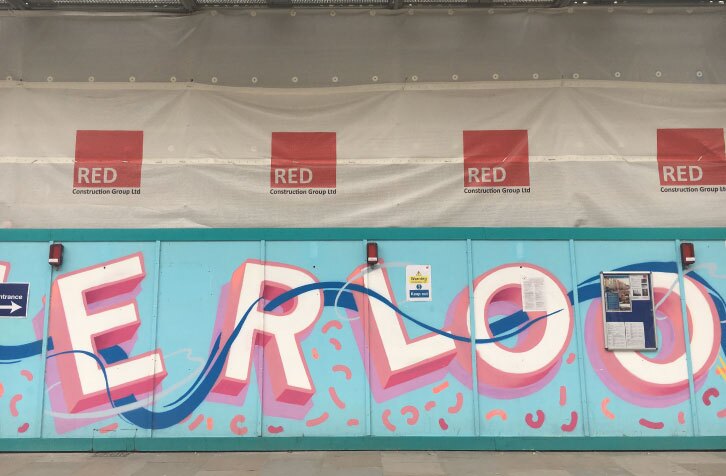Traditionally the two centers of any settlement in the United Kingdom revolved around the church and the pub.
At times throughout the country’s history, one or the other enjoyed dominance, but today it could be argued that neither does.
Pubs have really suffered in the last decade or so. It could be because supermarkets now sell beer at prices much lower that pubs can, and also because we hear the younger generations either drink less or not at all.
According to UKHospitality, pubs and brewery firms employ 900,000 people in the U.K. and contribute £23 billion ($25.9 billion) annually to the economy.
Pubs add life to communities, but it is common now to see traditional pubs either change into more modern pub-style establishments or close altogether.
The BBC in April reported that approximately 1,000 pubs closed across the U.K. in 2018, and 76 a month still are disappearing.
Pubs and brewing is also where the U.K. hotel industry predominantly started from. Whitbread PLC started in beer centuries before Premier Inn was founded, but in January it completed its sale of its Costa Coffee business to end all connections with beverages, alcoholic or otherwise.
InterContinental Hotels Group started as the Bass beer business, but it moved out of producing beer by selling that division in the late ’90s, again a couple of centuries after first brewing. It, too, had a non-alcoholic drinks brand, Britvic, but sold that 14 years ago.
On a smaller scale, Fullers, a brewing company founded in 1845, announced in February it was selling its beer brands to a Japanese brewer; although, Fullers’ West London brewery will continue to produce beer.
The company decided to concentrate on its hotels division—hotels that are small in room counts, more like inns. That is where the hotel industry started, with coaching inns, but it does seem the traditional link between beer and pillows has been lessened in recent years, which is a shame.
When many visitors think of the U.K., pubs are one of the images that immediately come to mind.
UKHospitality and others are asking that pubs be given a helping hand, which include tax and duty breaks and ongoing help to bolster High Streets, on which the lack of foot traffic also is a mitigating factor.
One High Street I often walk along might be a litmus test.
Lower Marsh near Waterloo Station has the benefit of being in a busy area of London, but a walk down it the other day caused me some alarm.
The Travelling Through bookstore—which sold new and secondhand travel books and had a café—I saw closed on 31 May, and there is scaffolding apparent on both sides of the street, which could, of course, mean exciting new stores imminently are coming.
The street always looks so busy because it has a sizable and popular lunchtime street-food scene, and there also is a bookstore that’s been there for years that sells tomes on subjects such as double-decker bus design and memories of the Boer War—subjects that do not interest me, but I am glad they sell in sufficient numbers to keep the shop open.
There is a shoe-repair shop, which offered to repair one of the leather slippers I bought in a market in Gaziantep, Turkey, while other similar stores looked at with concern or contempt and scuttled me off on my way, slipper still in hand.
One length of scaffolding and tarpaulin is to be German hotel-firm Ruby Hotels’ first U.K. property, which might bring a bar of its own as well as hotel rooms, but not a traditional pub, I am assuming.

Ruby Hotels’ first property outside of its home DACH (Germany, Austria and Switzerland) market is coming to a London High Street close to the HNN London office. (Photo: Terence Baker)
It is due to open by the end of this year and sits opposite the quirky Vaulty Towers—a pun on the famous John Cleese sitcom of a hotelier who dreams of a “better class” of guests in a fictional seaside town generally accepted as Torquay, Devon—which reminds me of some of the New York City bars I used to enjoy when I lived there.
There is hope for this High Street, but as I mentioned it might not be indicative of the pain being felt by similar streets in more provincial destinations.
Email Terence Baker or find him on Twitter.
The opinions expressed in this blog do not necessarily reflect the opinions of Hotel News Now or its parent company, STR and its affiliated companies. Bloggers published on this site are given the freedom to express views that may be controversial, but our goal is to provoke thought and constructive discussion within our reader community. Please feel free to comment or contact an editor with any questions or concerns.